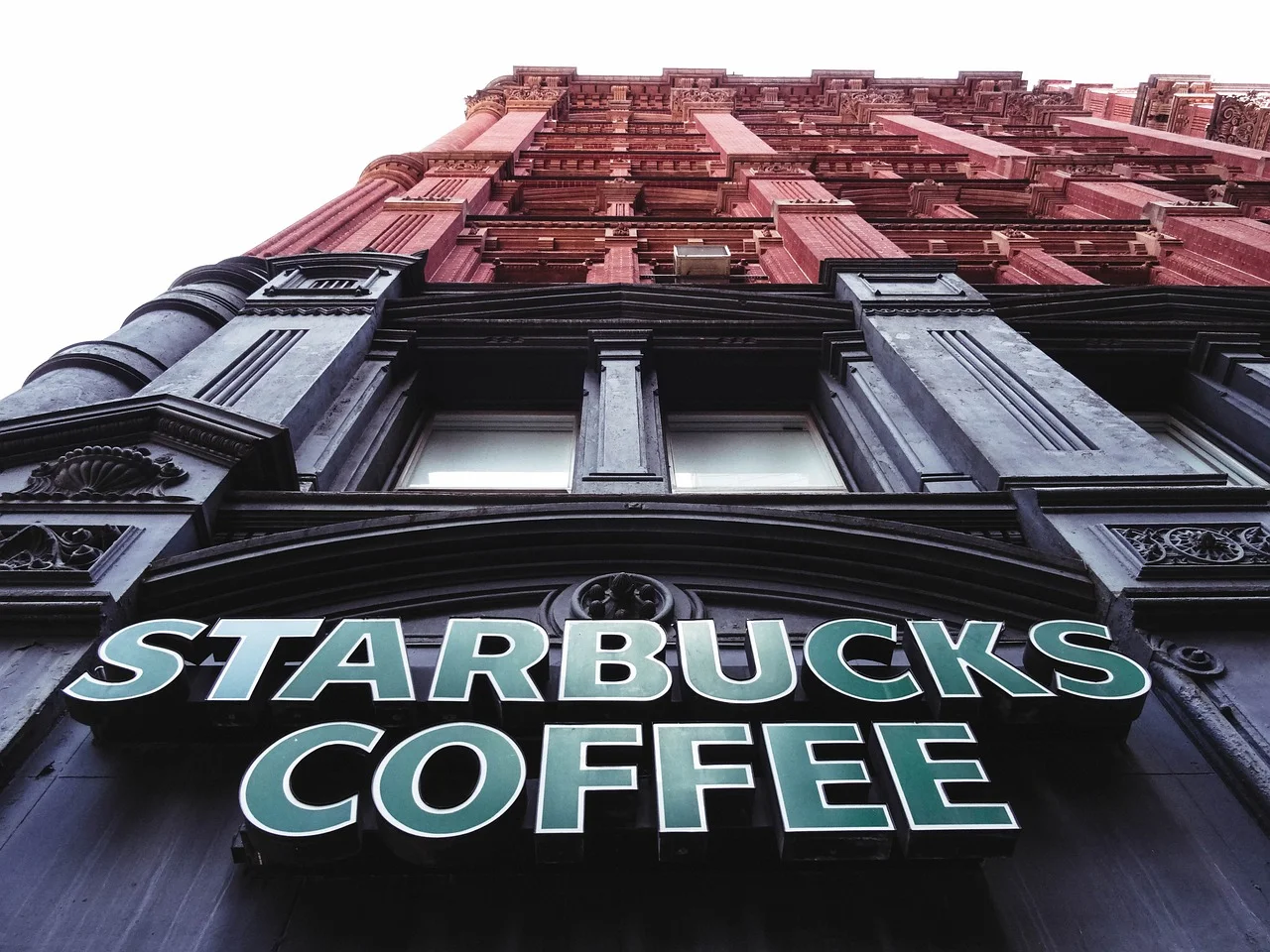Brian Niccol, the CEO of Chipotle, succeeds Laxman Narasimhan as CEO of Starbucks.
Starbucks' stock shot up more than 20% on Tuesday, setting the company up for its biggest day since its initial public offering debut in 1992.
The company revealed that CEO Laxman Narasimhan will be replaced by Chipotle CEO Brian Niccol. Following Niccol's excellent term at the burrito restaurant, news of his departure caused Chipotle's shares to drop by more than 10%.
Narasimhan is leaving with immediate effect. Until Niccol takes over as CEO on September 9, Starbucks CFO Rachel Ruggeri will serve as the acting CEO.
In March 2023, Narasimhan assumed the role of chief executive. In the coming year, the coffee giant's success has been difficult due to low sales in its two biggest markets, China and the United States. Starbucks reported a 3% decrease in same-store sales in its most recent quarter.
As the corporation struggled to lure customers into stores, pressure on it increased. In an open letter written in May, former CEO Howard Schultz—who personally chose Narasimhan to succeed him—weighed in on the company's problems and offered guidance, but he never mentioned Narasimhan by name.
Elliott managing partners Marc Steinberg and Jesse Cohn released a statement together that read, "We view today's announcement as a transformational step forward for the Company.
Elliott has been participated with Starbucks’ Board about our views on the The business's major problems over the past couple of months." "We are pleased that Brian Niccol has been appointed, and we are eager to work with the Board to help Starbucks reach its full potential going forward." In addition, Schultz, who is currently the company's chairman emeritus, supported Niccol's appointment as CEO.
"In my opinion, he is the supreme ruler Starbucks needs at this critical juncture in its development. In an announcement, Schultz said, "He has my respect and full backing."
Following suit, fellow activist Starboard Value recently purchased stock in Starbucks, according to a Friday Wall Street Journal story. With the exception of Tuesday's action, Starbucks' shares have decreased by 21% throughout Narasimhan's tenure.
Narasimhan was chief executive of Reckitt, the company that owns Lysol and Mucinex, prior to coming Starbucks. He trained as a barista and spent months studying about Starbucks' operations after being appointed as the company's new CEO.
Since 2018, Niccol has overseen Yum Brands' Taco Bell division before taking over as CEO of Chipotle. Chipotle's stock increased by 773% while he was employed there. In his role as Chipotle's CEO, he guided the company's eateries through the pandemic and assisted the company in recovering from its foodborne illness scandal.
In contrast to other restaurants that have seen a steep decline in customer spending in recent quarters, Chipotle has seen a rise in both traffic and revenue. As part of Tuesday's leadership transition, Mellody Hobson, an active role independent director who had served as Starbucks chair, announced that the board has been considering Narasimhan's replacement for a number of months.
When our board began discussing the company's future a few months ago, I reached out to Brian through a person, and he accepted the call," Hobson stated on CNBC's "Squawk Box" on Tuesday. We believed we had a chance to speak with one of the greatest names in the business, whose reputation is unquestionably solid given his impressive accomplishments at Chipotle and, prior to that, Pizza Hut and Taco Bell. Because of his industry knowledge, we believed he would be the best leader at this particular time.
Hobson said that although Narasimhan had no prior restaurant experience, he still had to overcome certain obstacles when he joined Starbucks. He also addressed supply chain problems and reduced employee attrition. It seems, though, that the board is more optimistic about Niccol's ability to quickly turn the company around.
However, what we observed about Brian was someone who had, to put it bluntly, "been there, done that" — through a variety of market conditions and cycles. "I understand what to do," he remarked to me when we spoke," according to Hobson.
Under Niccol, Chipotle has benefited from having a good app, which has contributed to its recent quarter-to-quarter growth. Starbucks' poor performance has been attributed, in part, to its app. The overabundance of mobile orders, which slows down service and detracts from the consumer experience, has been brought up by Schultz and other Starbucks detractors.
To meet the demand from digital channels, Chipotle, on the other hand, has expanded its restaurant operations to include a second assembly line dedicated to mobile orders. The chain of burritos has begun constructing facilities with "Chipotlanes," designated areas for the pickup of digital orders.
It appears from Narasimhan's abrupt resignation that the Starbucks board is not open to working with activist investors. Elliott proposed a resolution to the Starbucks board that would have preserved Narasimhan's employment when the news of Elliott's ownership interest in the company initially surfaced in July, as CNBC previously revealed.
Hobson stated on Tuesday that Elliott had not been informed in advance by the board of its planned leadership change. For a while, the board of Starbucks remained silent about Elliott, partly due to Schultz's residual influence.
Elliott has accumulated a stake valued at up to $2 billion. But as CNBC had previously reported, the parties recently convened to deliberate on a proposed settlement.



